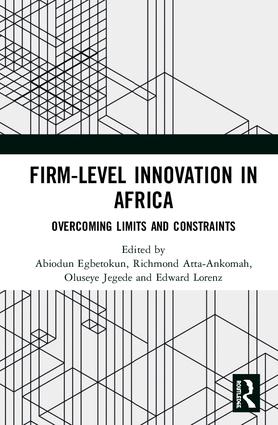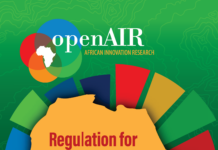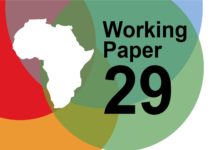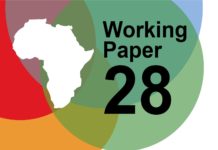Edited by: Oluseye Jegede and other non-Open AIR researchers including Abiodun Egbetokun, Richmond Atta-Ankomah, Edward Lorenz
The literature on innovation in Africa is rapidly expanding, and a recurring thread in the emergent literature is the pervasiveness of systemic weaknesses that inhibit the innovation process. Despite these, firms are able to innovate in Africa. It is then logical to ask: how do African firms manage to overcome the prevalent constraints and learn to innovate?
This book directly tackles this question, with a view to improving our understanding of the innovation landscape in Africa. The book brings together some of the latest innovation research from across the African continent, ranging from Tanzania and Ethiopia in the east to Nigeria in the west. The chapters included in the collection adopt different but complementary theoretical and methodological approaches to address a rich mix of interrelated issues. These issues include the factors that enhance or inhibit innovation in African firms, the sources of (knowledge/information for) innovation, policy options for overcoming constraints and facilitating firm-level innovation, the nature and roles of brokers and intermediaries in dealing with innovation constraints and in facilitating the innovation process and the role of interactive learning and acquisition of embodied technology in the innovation process.
This book was originally published as a special issue of Innovation and Development.










